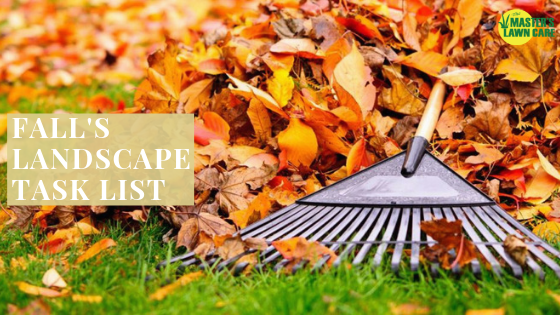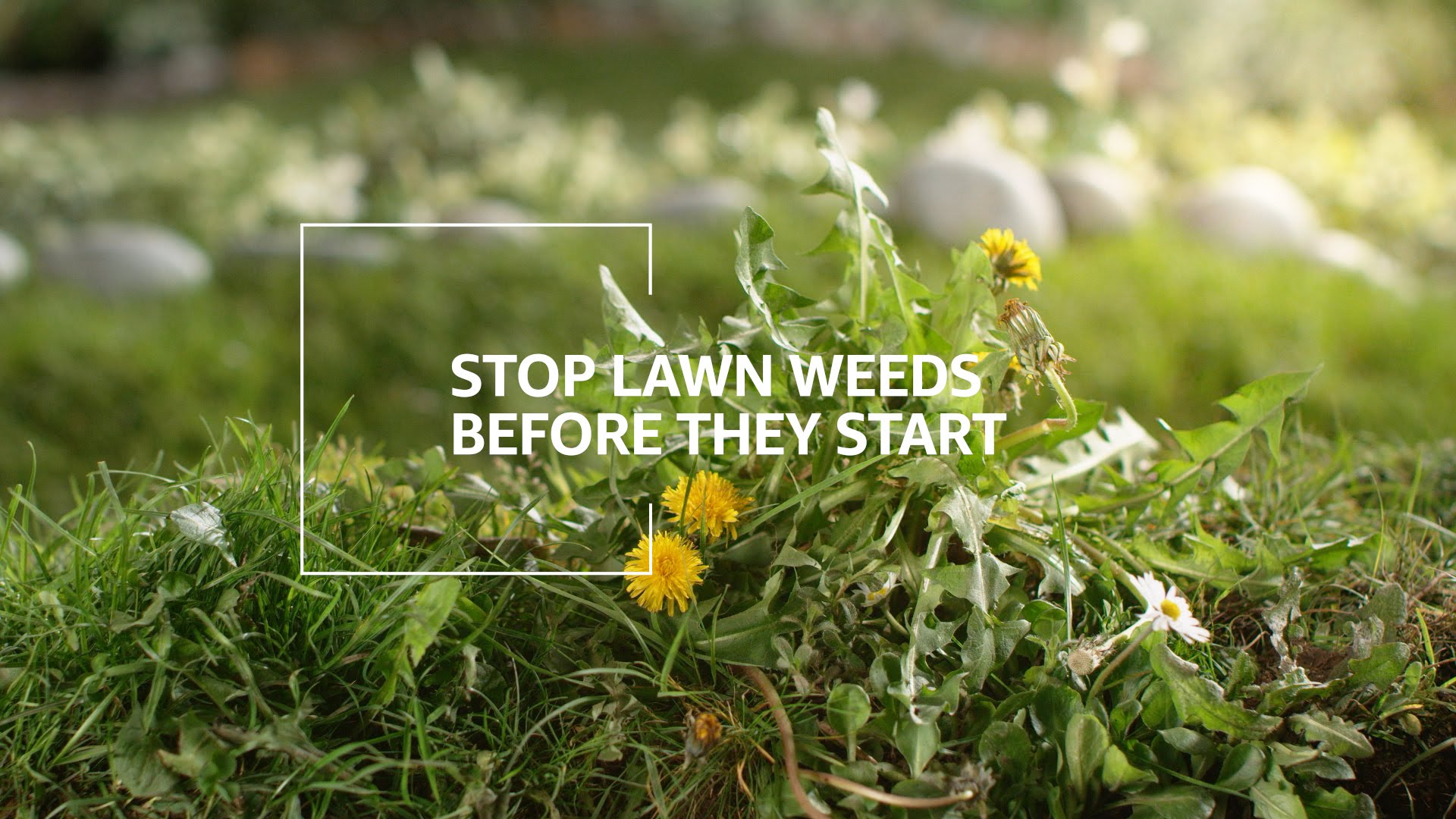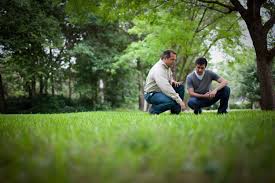Let's talk mulch! It's not just some ordinary garden stuff – this stuff is a game-changer for your outdoor space. Mulch is like your landscape's secret superhero, quietly doing its thing while making your yard look amazing. From keeping your plants happy and hydrated to giving weeds a serious beatdown, mulch is the unsung hero of landscaping.
Below we have listed the top five ways mulch can take your yard from meh to amazing!
- Increased Moisture Retention: By creating a protective barrier over the soil, mulch effectively reduces water evaporation, allowing your plants to stay hydrated for longer periods. This not only conserves water but also minimizes the need for constant irrigation, making it a sustainable choice for your landscape.
- Enhanced Soil Health: Beneath its unassuming surface, mulch is hard at work, nourishing your soil and fortifying your plants. As it breaks down over time, mulch releases valuable nutrients into the soil, promoting healthy root development and robust plant growth. Additionally, mulch improves soil structure, facilitating better water and air movement and enhancing overall soil health.
- Weed Suppression: By smothering weed seeds and depriving them of sunlight, mulch effectively suppresses weed growth, reducing the need for chemical herbicides and minimizing manual weeding efforts. Plus, any weeds that do manage to sprout are easily spotted and removed, thanks to the tidy, uniform appearance of mulched beds.
- Temperature Regulation: Mulch isn't just a summertime staple – it's a year-round essential! In the winter months, mulch acts as an insulating blanket, protecting plant roots from freezing temperatures and preventing soil erosion caused by harsh weather conditions. Come summer, it shields the soil from excessive heat, keeping roots cool and moisture levels stable.
- Curb Appeal: Beyond its functional benefits, mulch adds a touch of elegance and refinement to your landscape design. Whether you prefer the classic look of shredded bark or the rustic charm of pine straw, mulch instantly elevates the visual appeal of your outdoor space, providing a polished, cohesive backdrop for your plants. Plus, it defines garden beds with clean, crisp lines, creating a sense of order and sophistication in your landscape.
Get more info on Choosing and Installing Mulches here
Mulch is the real star of landscaping, working tirelessly behind the scenes to make your yard the envy of the neighborhood. From keeping your plants happy and hydrated to banishing pesky weeds and regulating temperature, mulch does it all. With its ability to enhance soil health and boost curb appeal, it's no wonder mulch is the go-to choice for savvy landscapers everywhere.
Ready to take your yard from meh to amazing? Dive into the world of mulch and watch your landscape flourish like never before!
For more ideas check out this article: New Ways to Think of Mulch in Your Landscape
Our landscape design professionals are ready to help! Contact us now at (352) 378-5296 or (904) 913-5296 or fill out our form at the top of the page, we would love to help!




